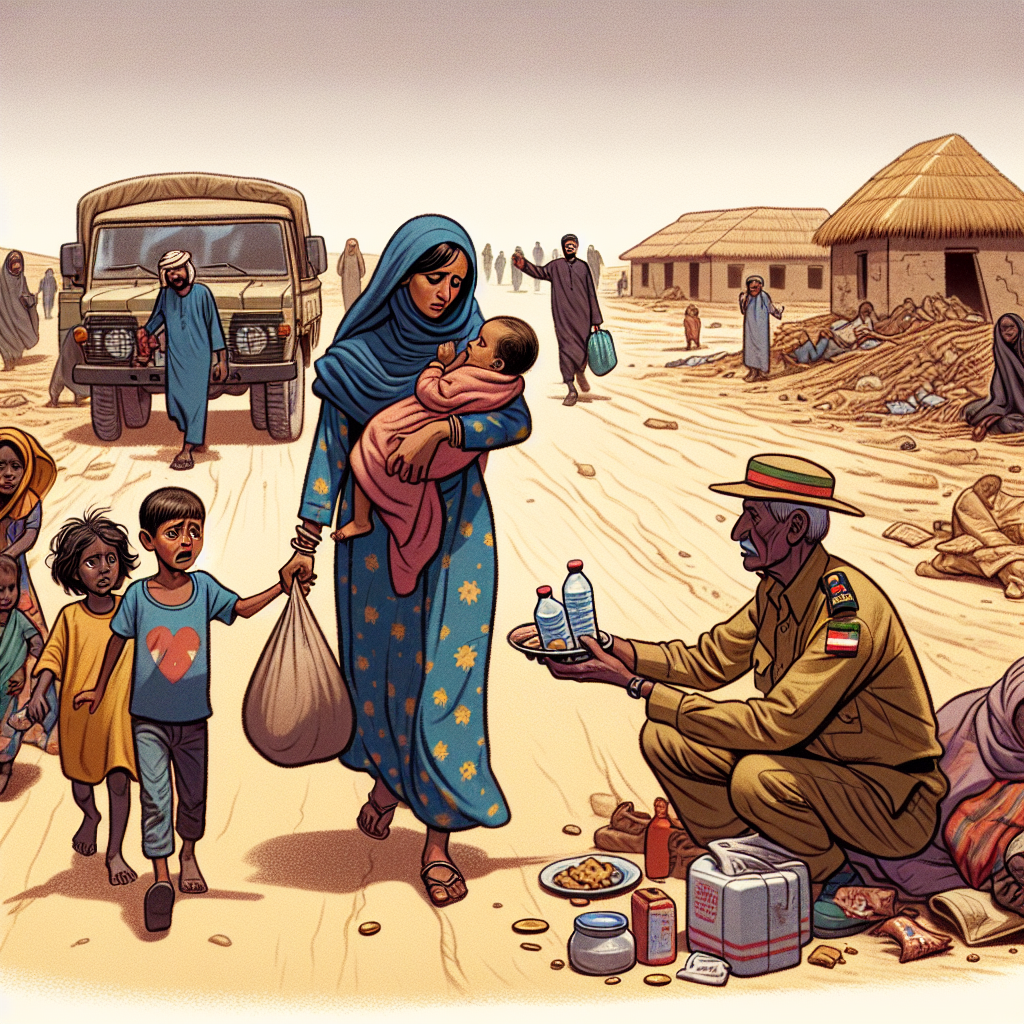World Bank, WHO, and UNICEF Sign $82M Deal to Revive Sudan’s Health System Amid Crisis
The integration of community-based health platforms, along with improved emergency preparedness, will ensure that the system can better withstand future crises.

The World Bank, World Health Organization (WHO), and United Nations Children’s Fund (UNICEF) have partnered to launch the Sudan Health Assistance and Response in Emergencies (SHARE) project, with a funding agreement of $82 million. The initiative aims to provide critical health services to more than 8 million vulnerable individuals in Sudan and to bolster the country’s collapsing health system amid ongoing conflict.
Currently, over 70% of hospitals and health facilities in conflict-affected regions of Sudan are non-operational due to severe damage, destruction, or lack of supplies. Health workers, including nurses and doctors, have gone unpaid for months, further crippling the system. Vaccination campaigns and routine immunizations have been disrupted by security concerns and restricted access, leaving millions, especially children, at risk of preventable diseases.
Dr. Shible Sahbani, WHO Representative in Sudan, emphasized the importance of the SHARE initiative, stating, “This project exemplifies WHO’s commitment to ensuring that communities in Sudan have access to vital health services, especially in times of crisis. By investing in preparedness and resilience, we are paving the way for a stronger, more sustainable health system.”
UNICEF Representative for Sudan, Sheldon Yett, highlighted the dire circumstances facing children and families, remarking, “The systems providing essential social services are on the brink of collapse. By working together, we can rebuild and deliver lifesaving health care and nutrition services to children who desperately need them.”
Comprehensive Approach to Health and Nutrition
The SHARE project focuses on both immediate and long-term needs, including:
- Essential Supplies and Training: Provision of critical medicines and medical supplies, alongside mentoring and training health workers to improve service delivery.
- Maternal, Newborn, and Child Health: Implementation of a minimum package of health and nutrition services, including the treatment of severe malnutrition.
- Vaccination Campaigns: Strengthening immunization programs and outreach to ensure vaccines reach displaced and host communities.
- Gender-Based Violence (GBV) Support: Delivering first-line healthcare for survivors of GBV and establishing referral pathways for specialized care.
- Community Health Platforms: Utilizing local networks to deliver health services and nutrition interventions, ensuring accessibility for vulnerable populations.
Building Resilience Through Preparedness
In addition to addressing immediate needs, the project aims to enhance the resilience of Sudan’s health system by:
- Establishing robust disease surveillance systems to monitor and address public health threats.
- Equipping and operationalizing emergency operations centers in strategic locations.
- Training rapid response teams to handle health emergencies in vulnerable communities.
Long-Term Impact and Collaboration
The partnership, supported by the World Bank, underscores a collective commitment to not only alleviate the current health crisis but also lay the groundwork for a more resilient and sustainable healthcare system in Sudan. The integration of community-based health platforms, along with improved emergency preparedness, will ensure that the system can better withstand future crises.
This initiative demonstrates the power of global collaboration in addressing complex humanitarian challenges, offering hope for millions of Sudanese who have been disproportionately affected by conflict and systemic collapse.
ALSO READ
Manipur Takes Leap with ADB and World Bank Projects
World Bank and IFC: A Decade of Driving Gender Equality Forward
World Bank Launches 2025 with AUD 1.75 Billion Sustainable Development Bond in Kangaroo Market
World Bank Group’s 2024 Validation Report: Key Insights on Progress and Challenges
Chile Receives $5.1M from World Bank for Cutting Carbon Emissions Through Sustainable Forest Management










